Israel’s assassination of Fuad Shukr shows utter contempt for human life: Daughter
The Israeli attack on a Beirut building in late July that killed Hezbollah commander Fuad Shukr demonstrates the regime’s utter disregard for human life as the strike targeted many civilians in the area, according to the commander’s daughter.
“The enemy remains unchanged. They justify their actions by claiming the necessity of assassinating a leader, disregarding civilian lives, which reflects their true nature,” Khadija Shukr told Press TV in an exclusive interview.
The July 30 attack struck an overcrowded residential area in a Beirut suburb, killing two children and two women, and injuring dozens of civilians.
“In their pursuit of targets, they show no concern for civilian casualties, even when aware of residential areas.”
Khadija Shukr stated that this pattern of behavior has its roots in a long history of massacres by the Zionist regime, which prioritizes its objectives over humanity.
She emphasized that such assassinations would not weaken the resistance.
“They believe such actions weaken us, but they fail to recognize the pain of those affected, such as the mother mourning her two children killed in the strike. The sacrifices made are seen as part of resistance, regardless of the intended target.”
‘Charismatic leader’
Touching on the personal traits of her father, Khadija described him as a highly respected and admired man.
“He was a charismatic figure who was revered by loved ones and feared by his enemies.”
When emotionally engaged with his family, he would undergo a profound transformation, setting aside his authoritative persona and becoming warmhearted and tender.
“Despite his softer side, he maintained a firm hand in raising his children, recognizing the importance of discipline to guide them on the righteous path.”
Raising a large family with six daughters and a younger son, Shukr balanced his roles as both an educator and an affectionate parent.
“Balancing discipline with affection was a priority for him, as he would often be absent for long periods due to his involvement in the resistance movement,” she explained.
These long absences likely had a significant impact on family dynamics, she said, adding that her father strived to maintain unity and provide emotional support during his limited time at home.
Dec. 21: ‘Axis of Resistance’ operations against Israeli occupation
Spain jurists demand ties with Israel ties be cut
VIDEO | Press TV's news headlines
VIDEO | Iran honors top Science Olympiad medalists
VIDEO | Austrians arrested at Gaza protest in Vienna
10 killed in bus crash in western Iran
VIDEO | One-man-band journalism with Civili
5 Israeli forces killed as Palestinian fighters face up to regime’s war machine


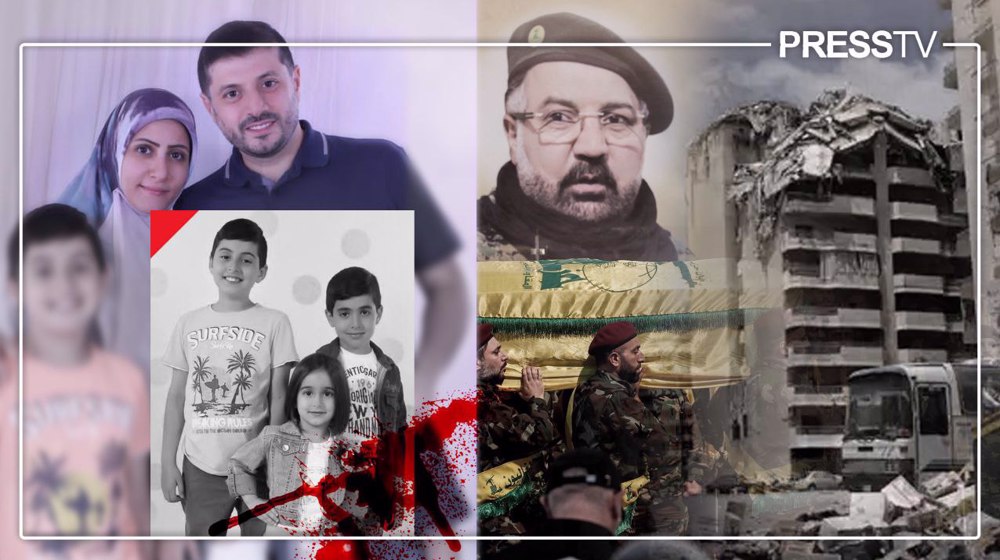

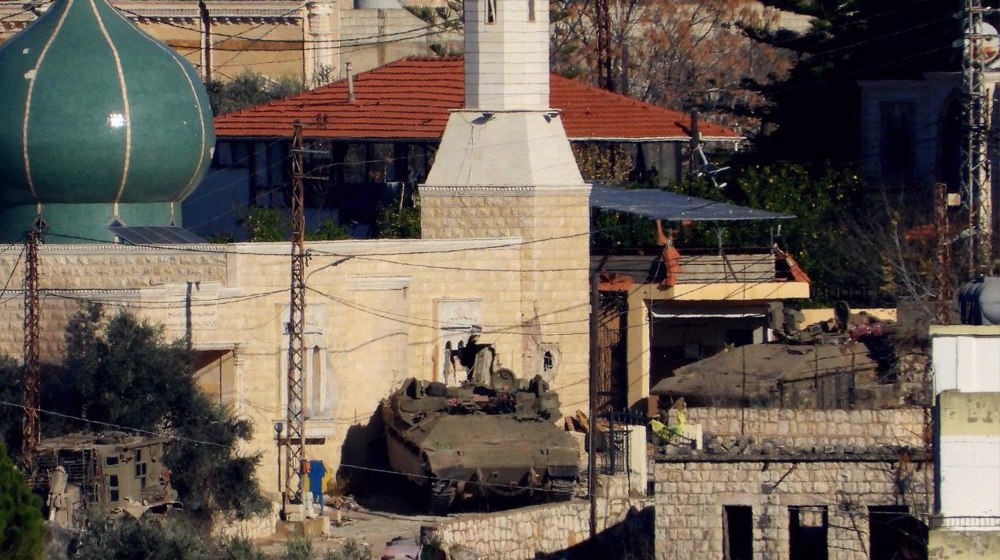




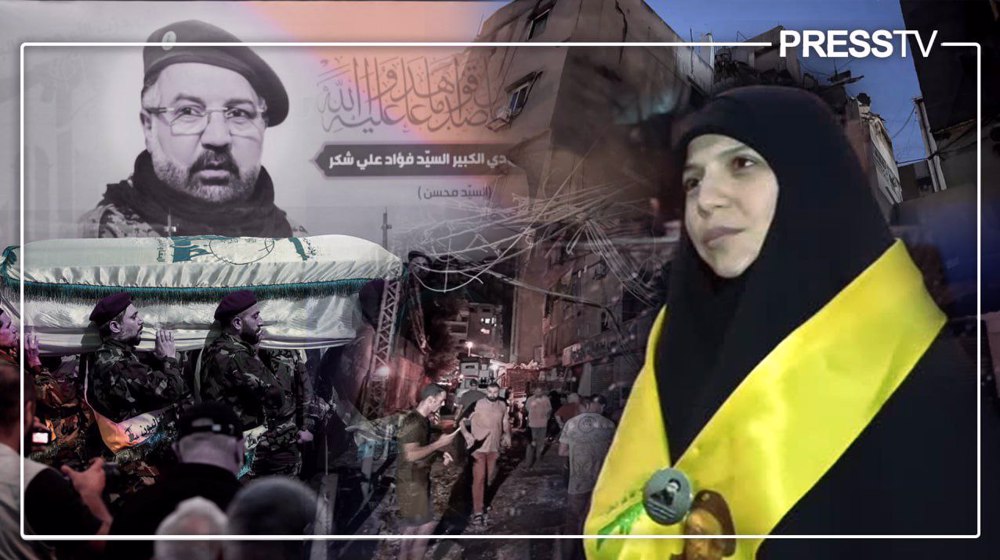
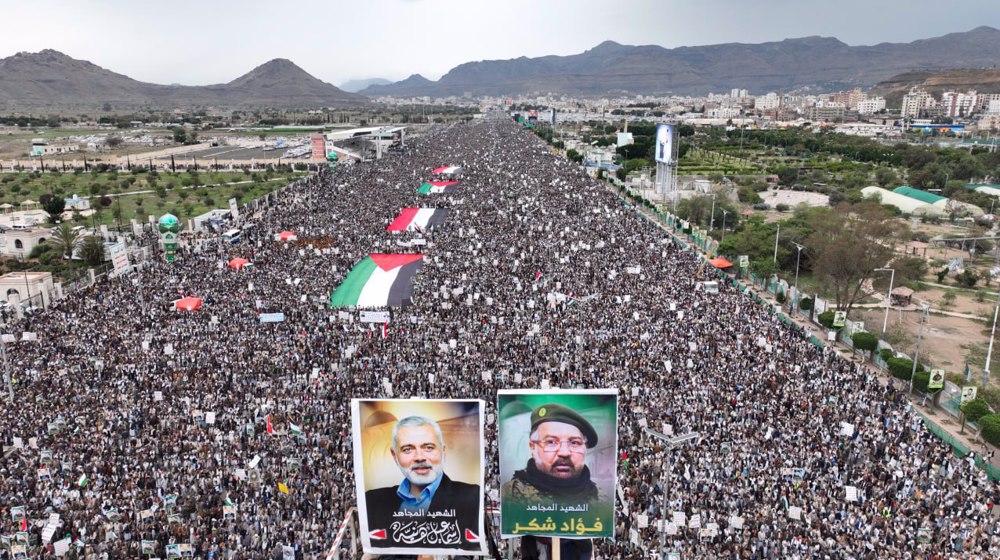
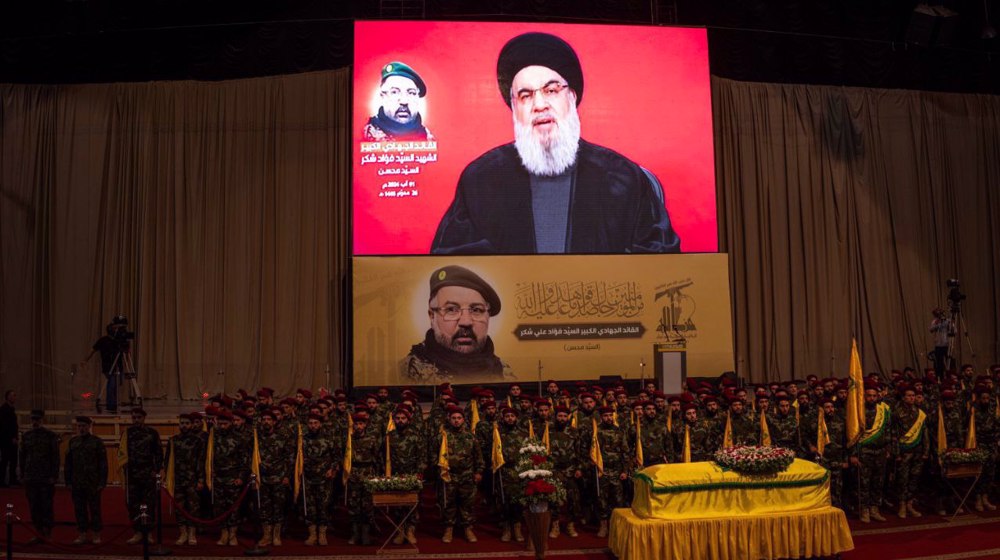
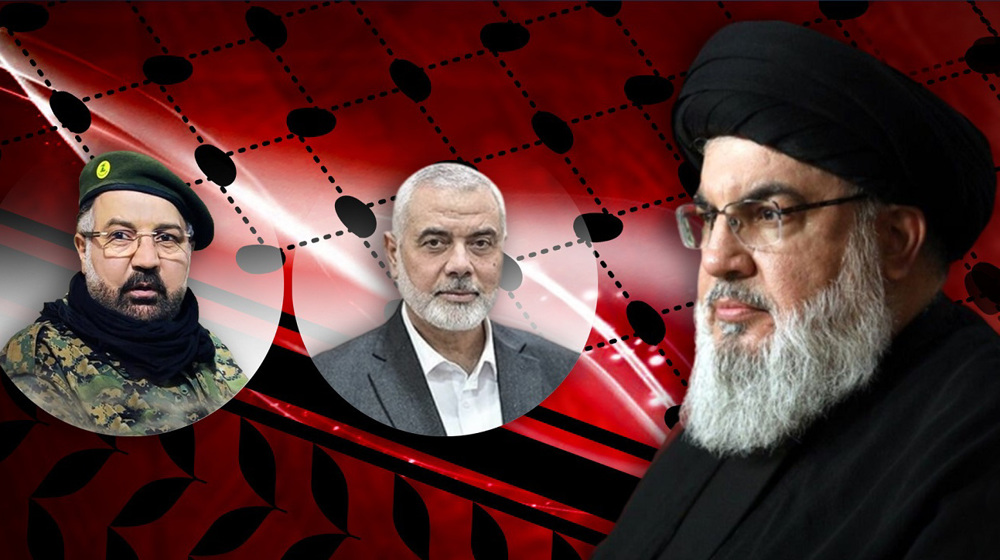
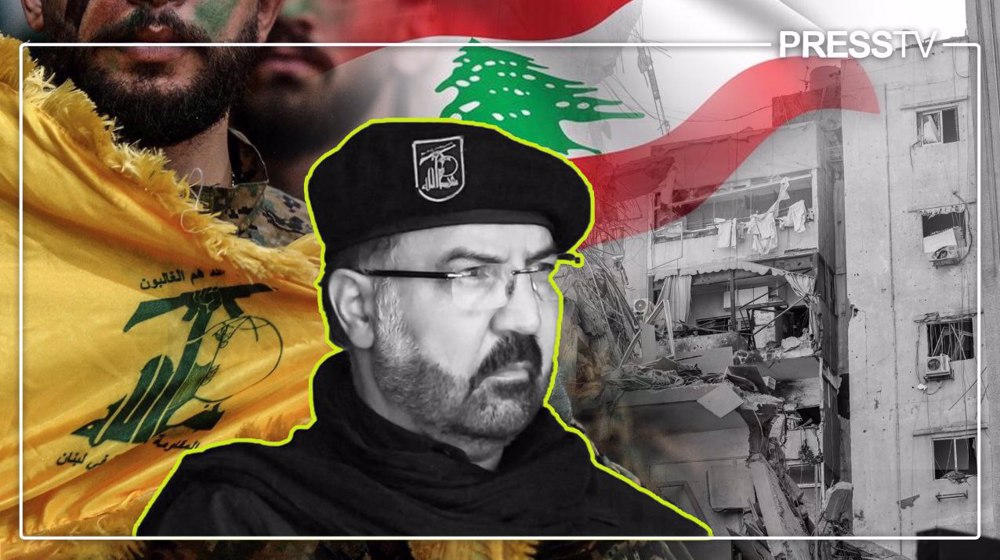

 This makes it easy to access the Press TV website
This makes it easy to access the Press TV website